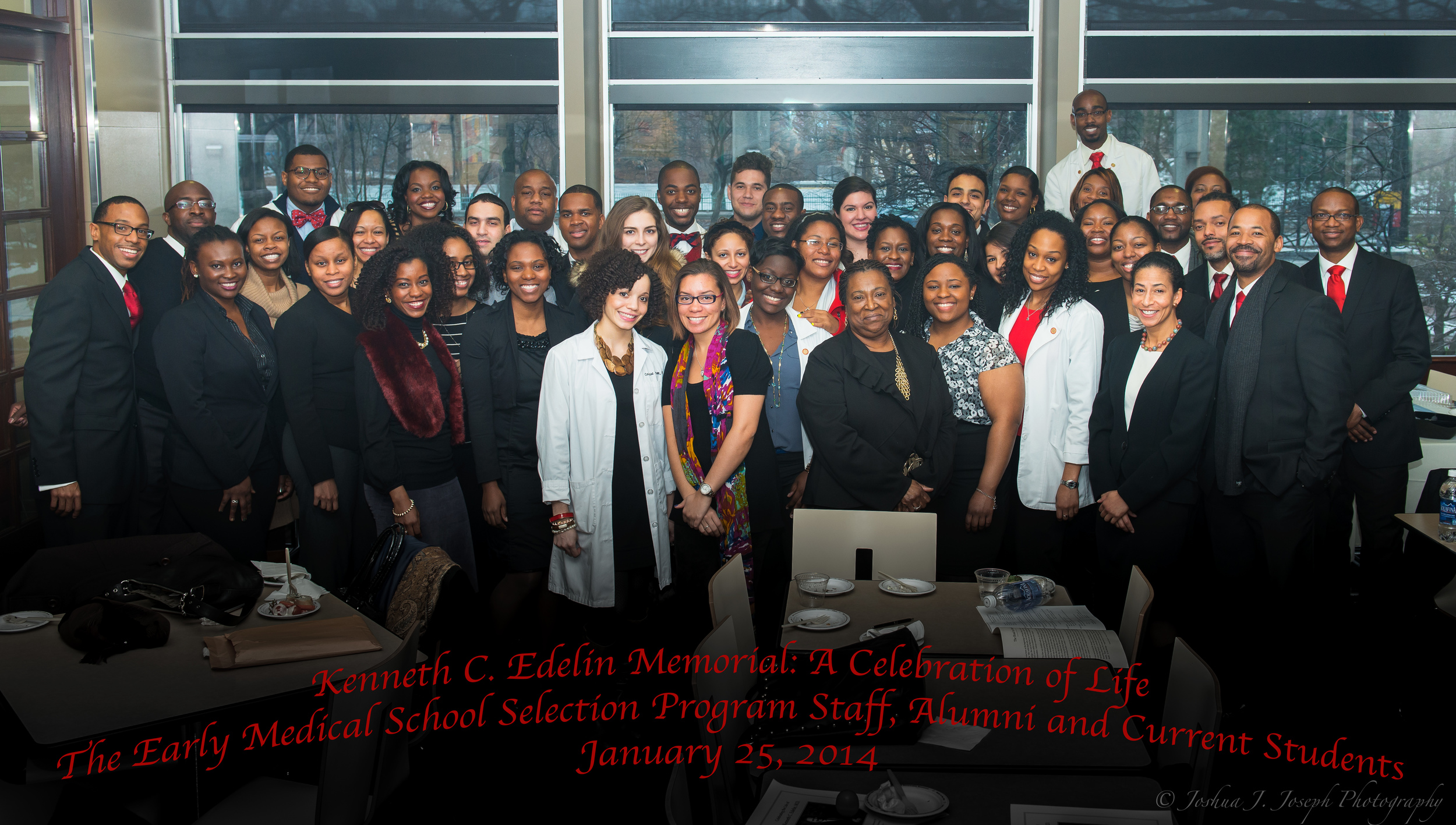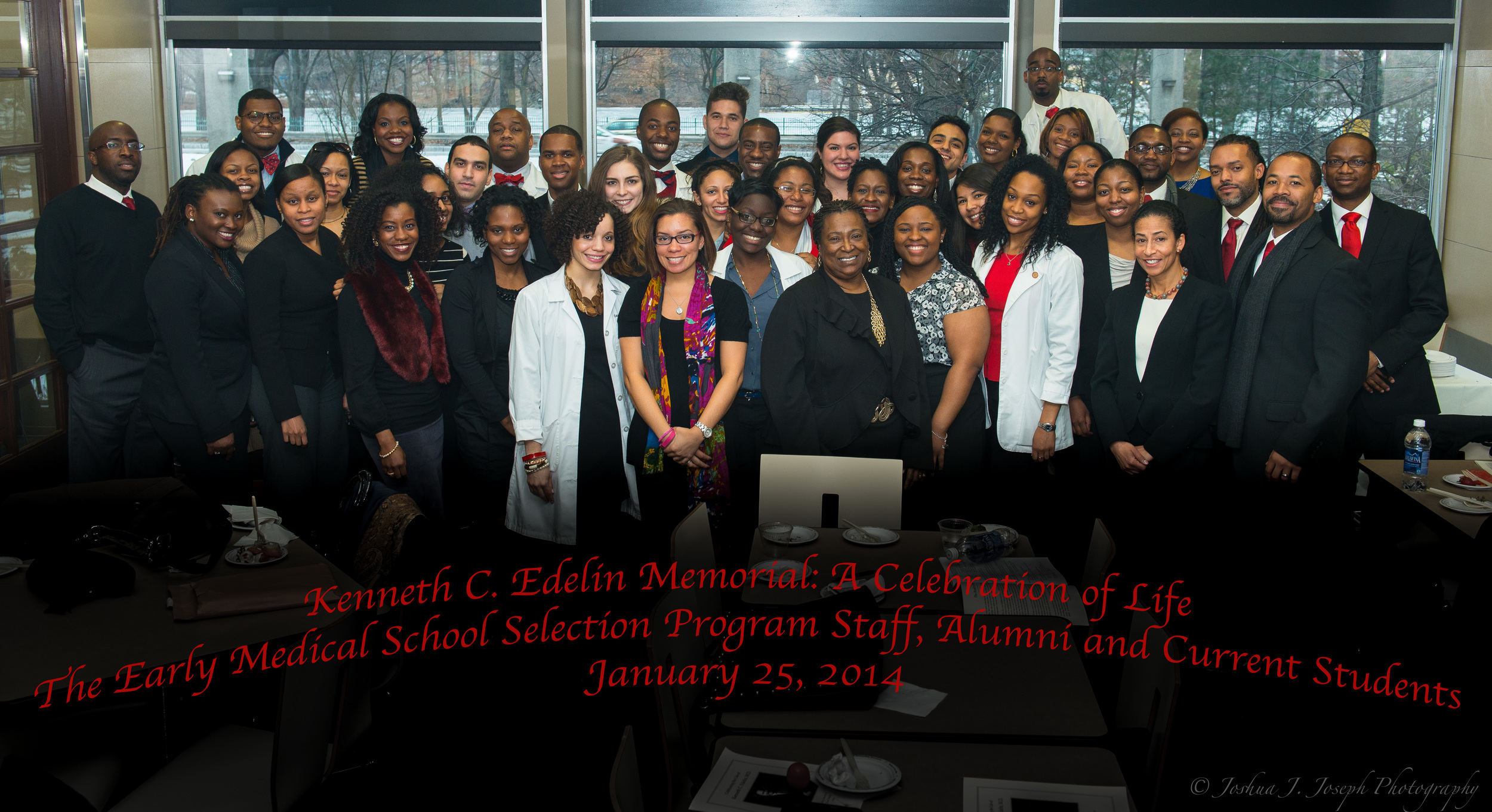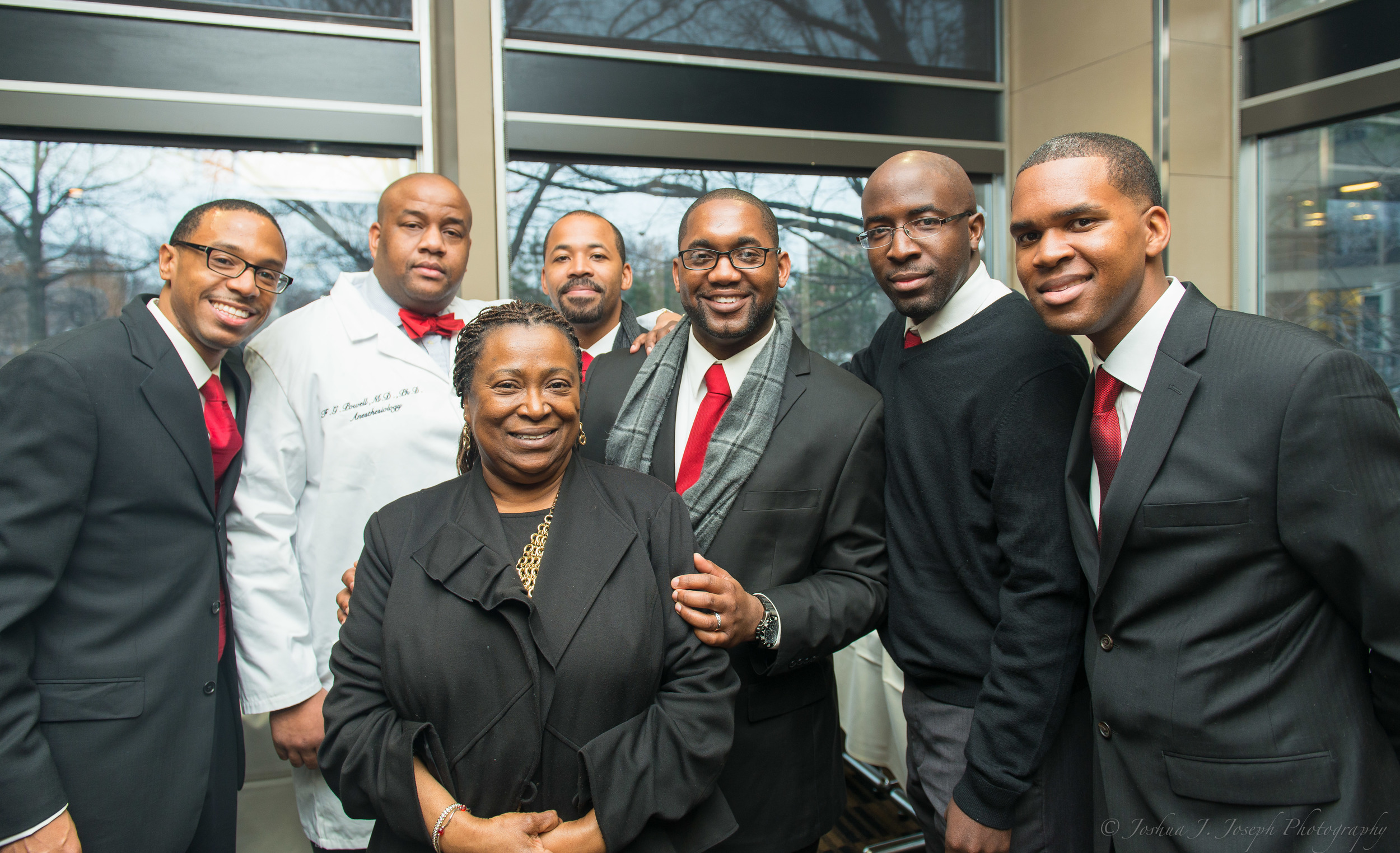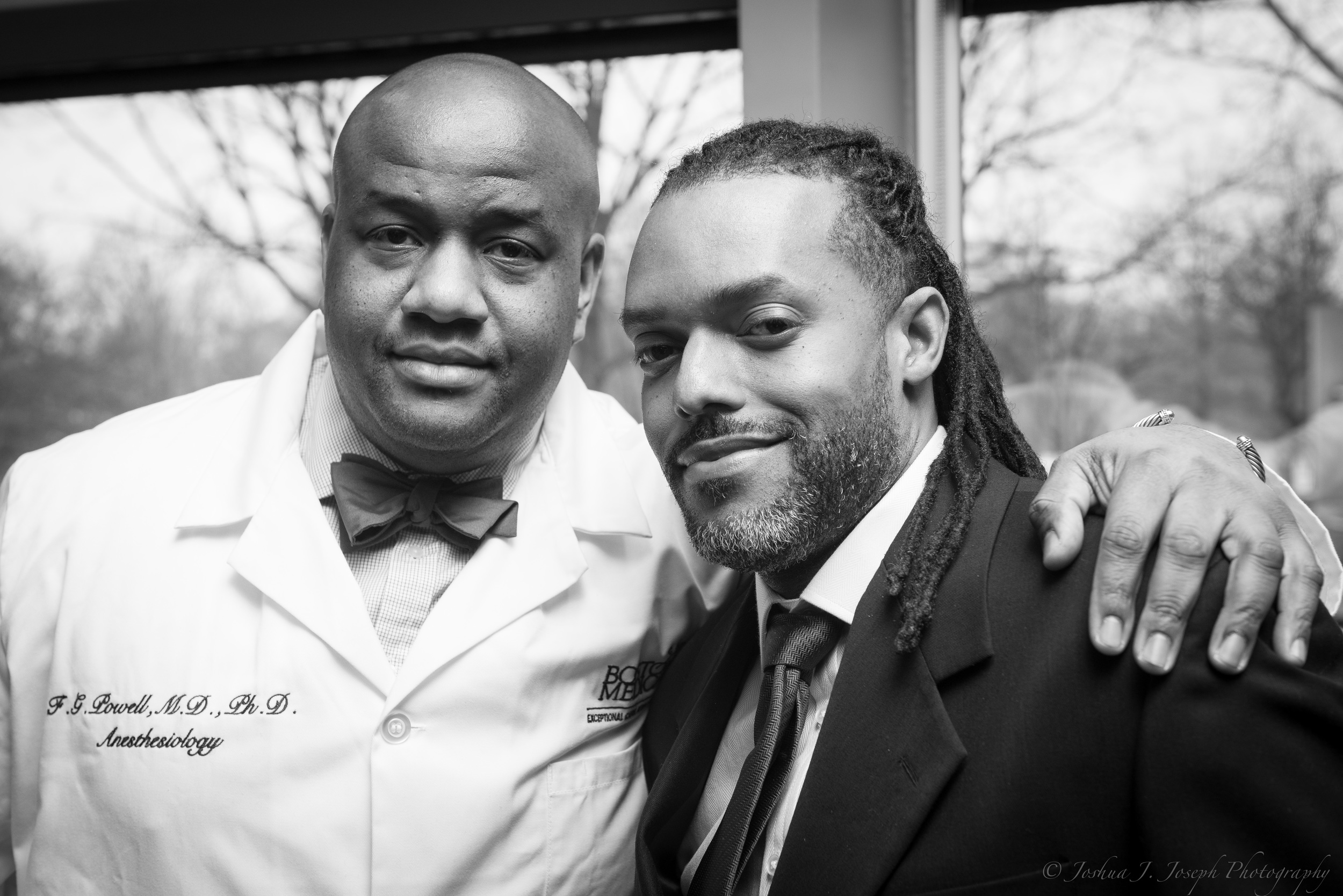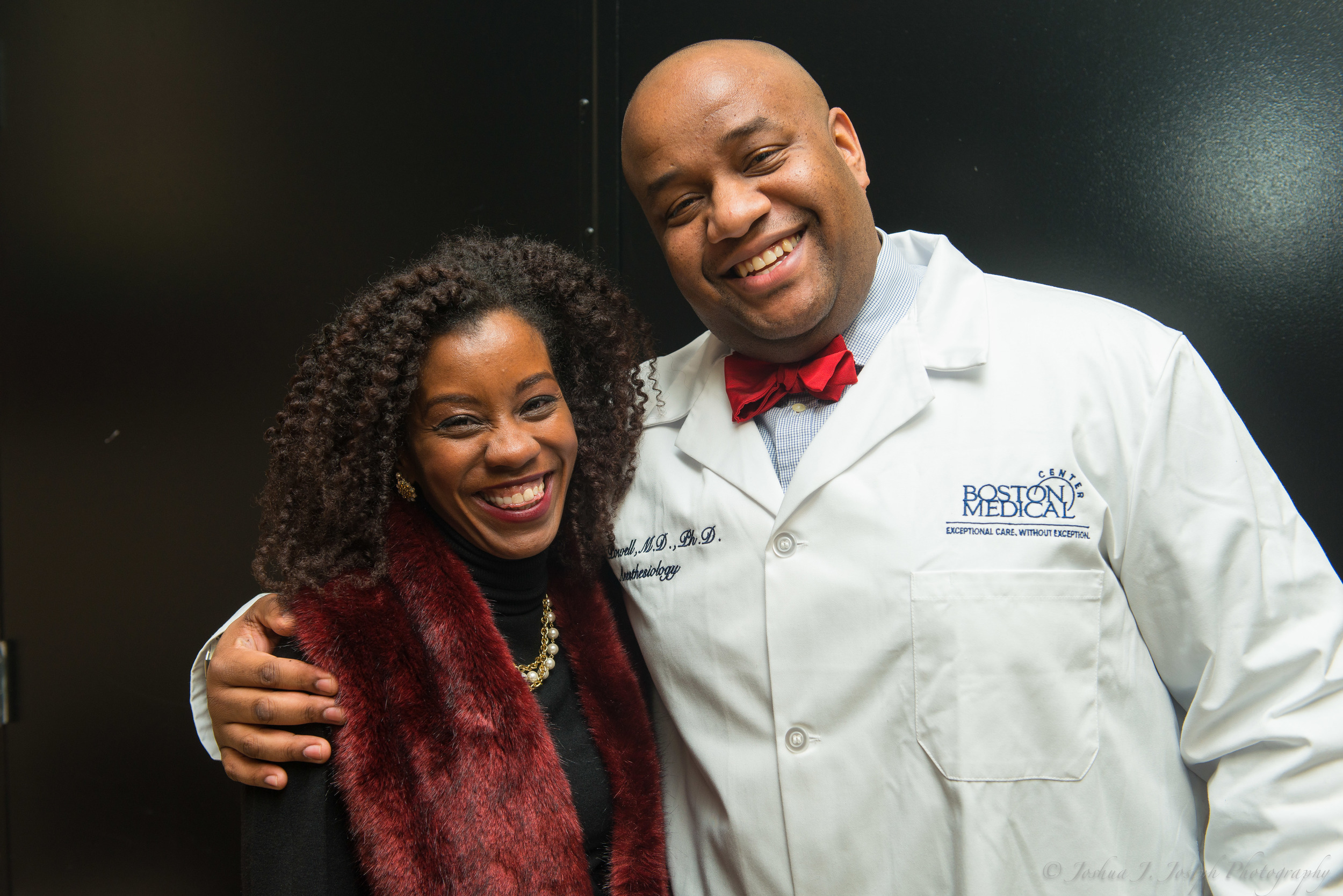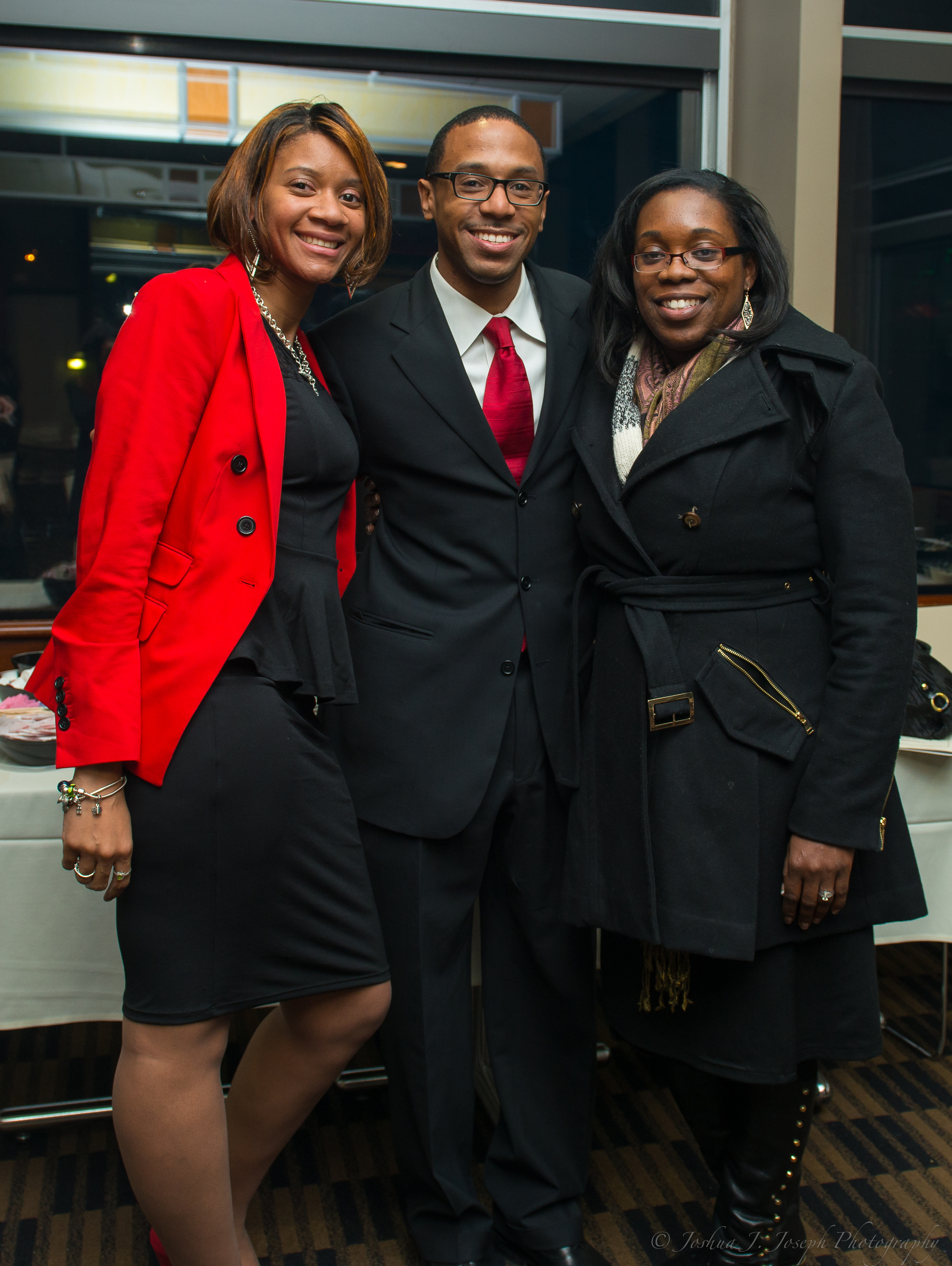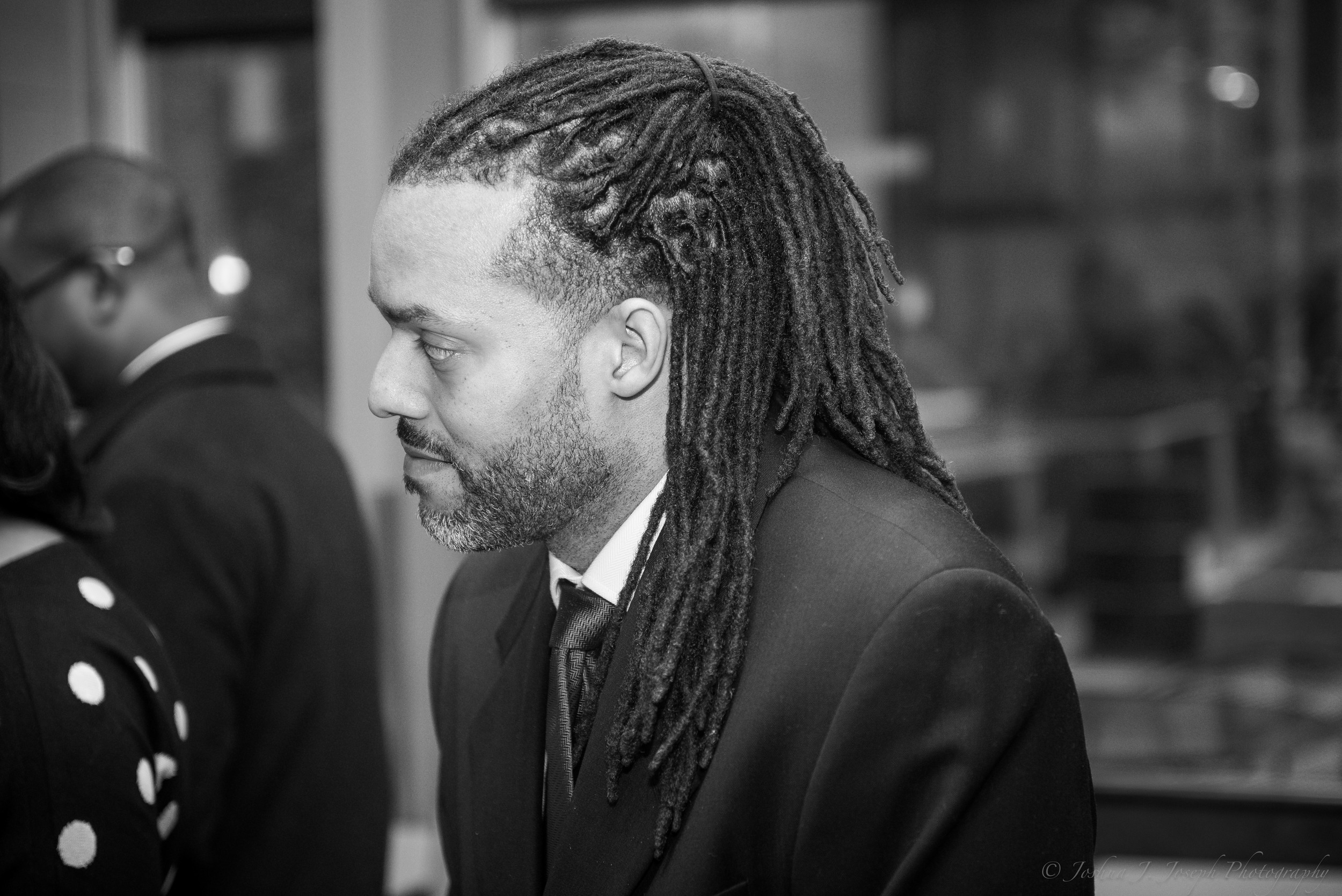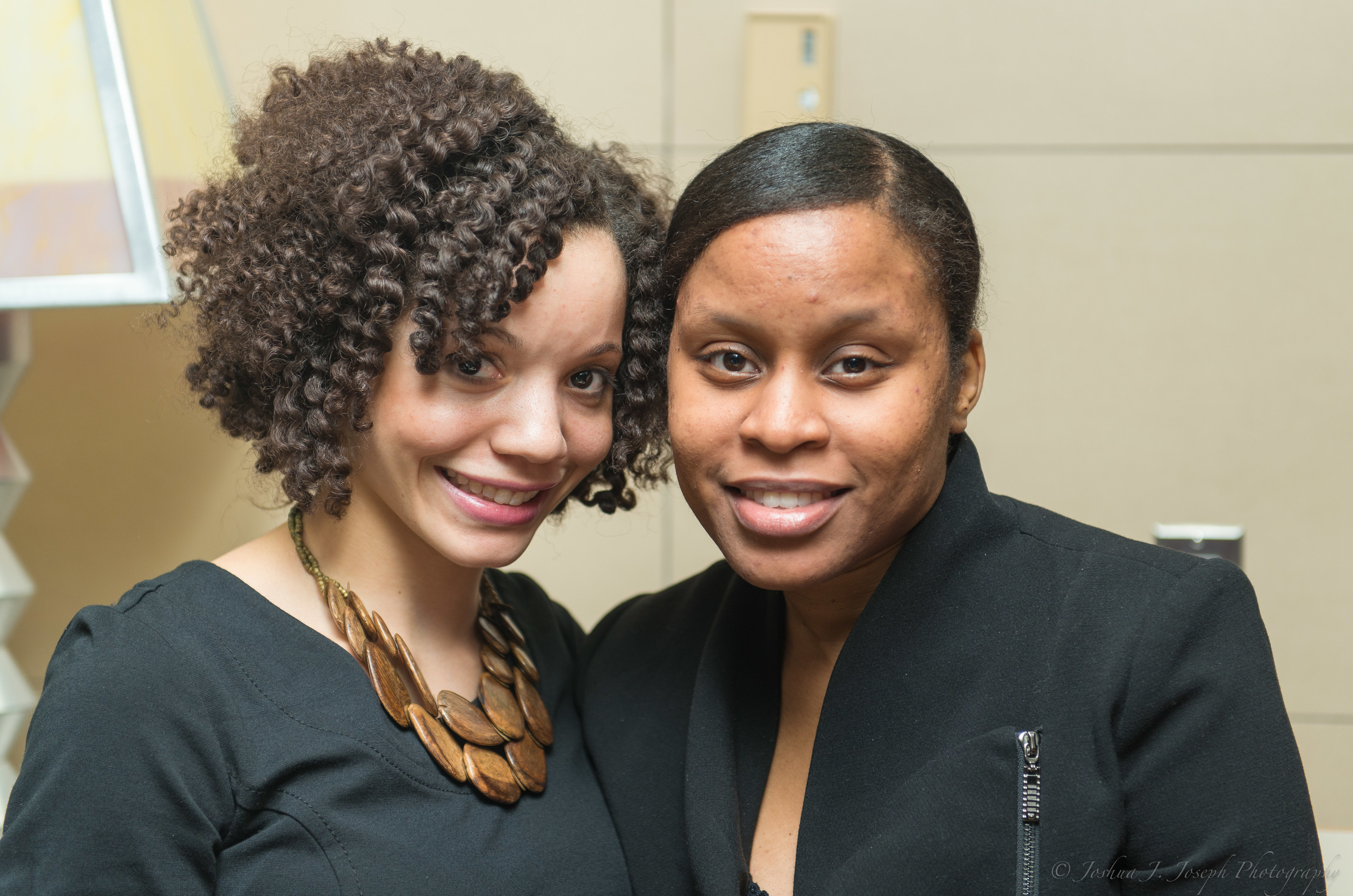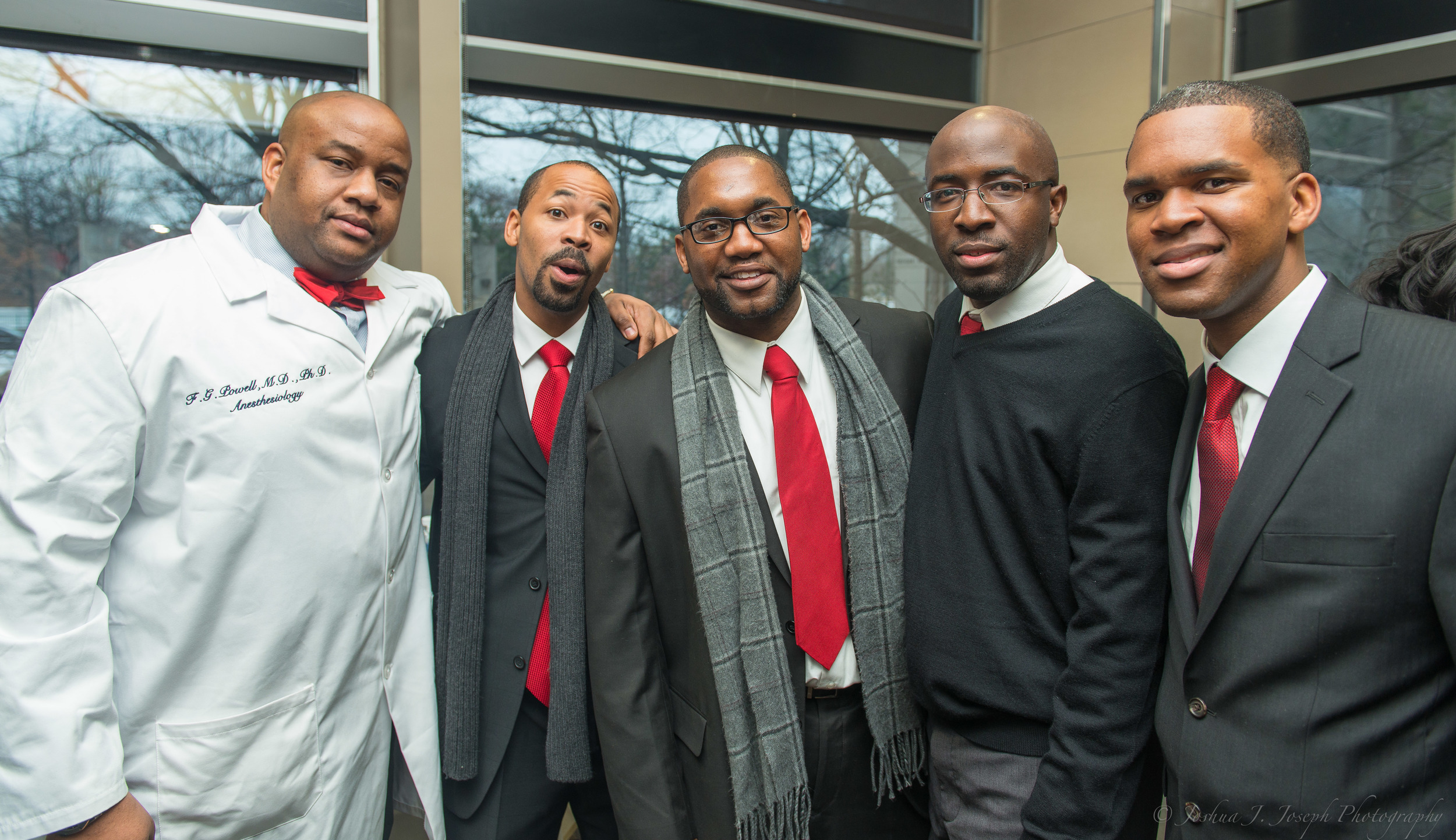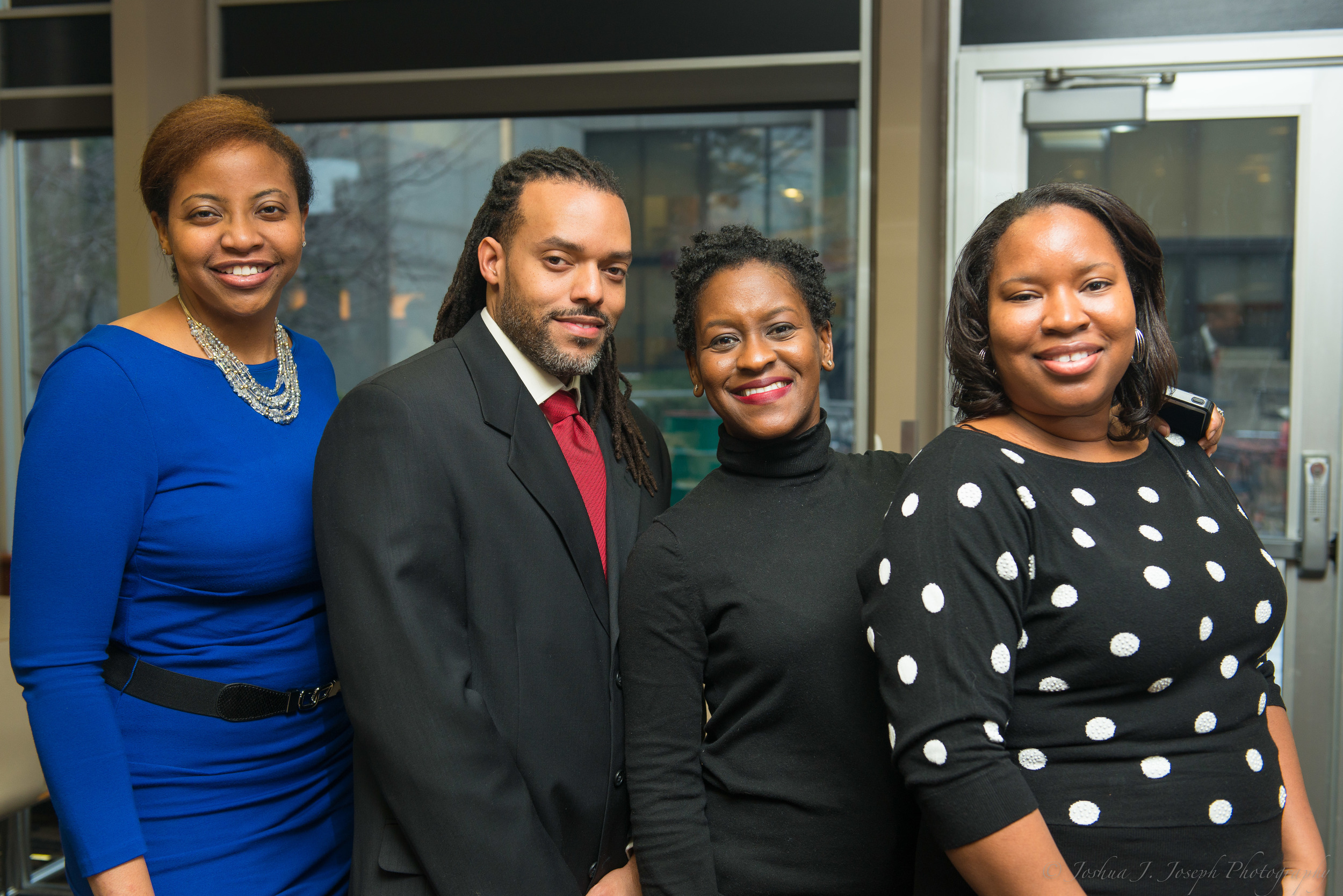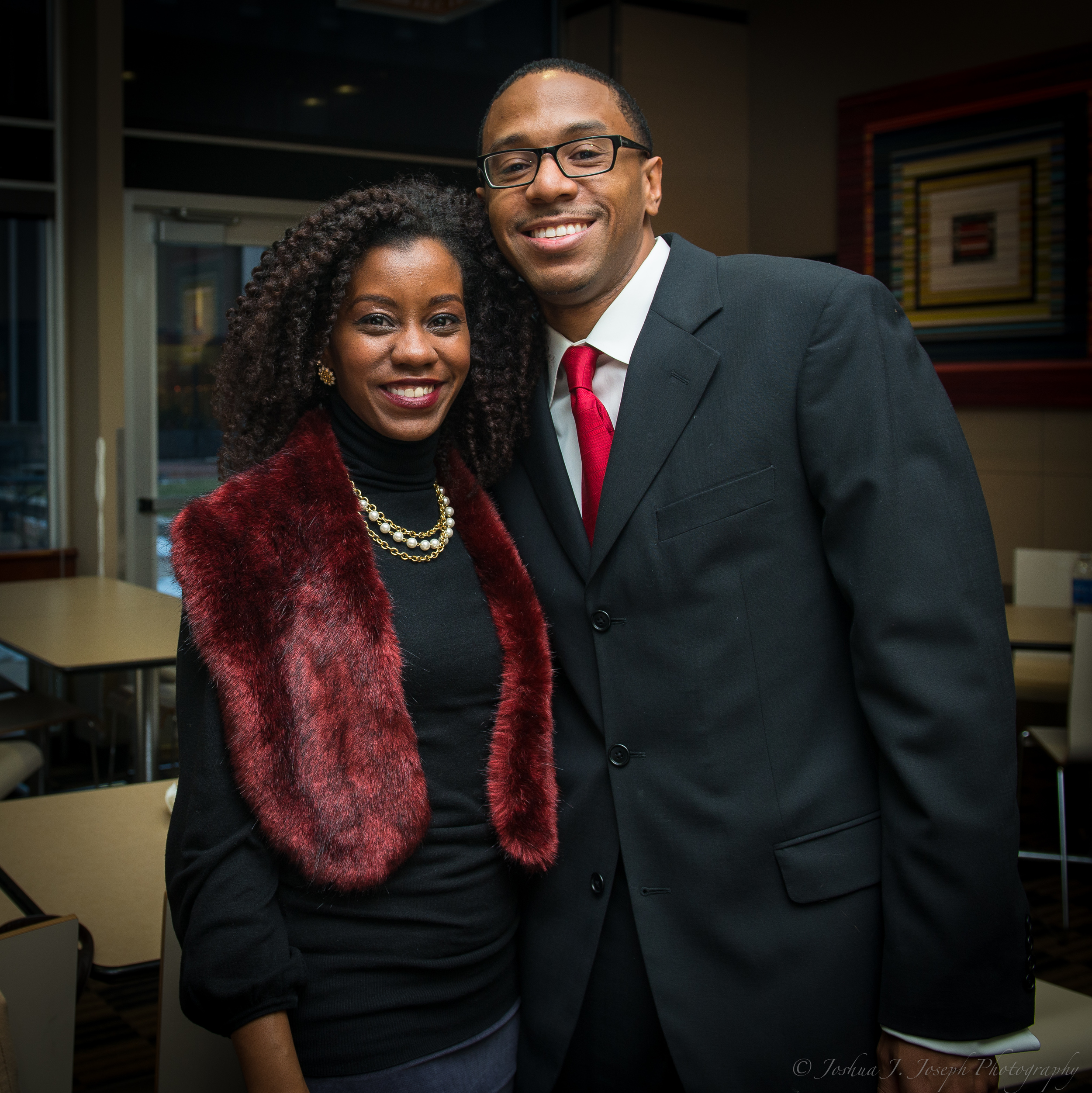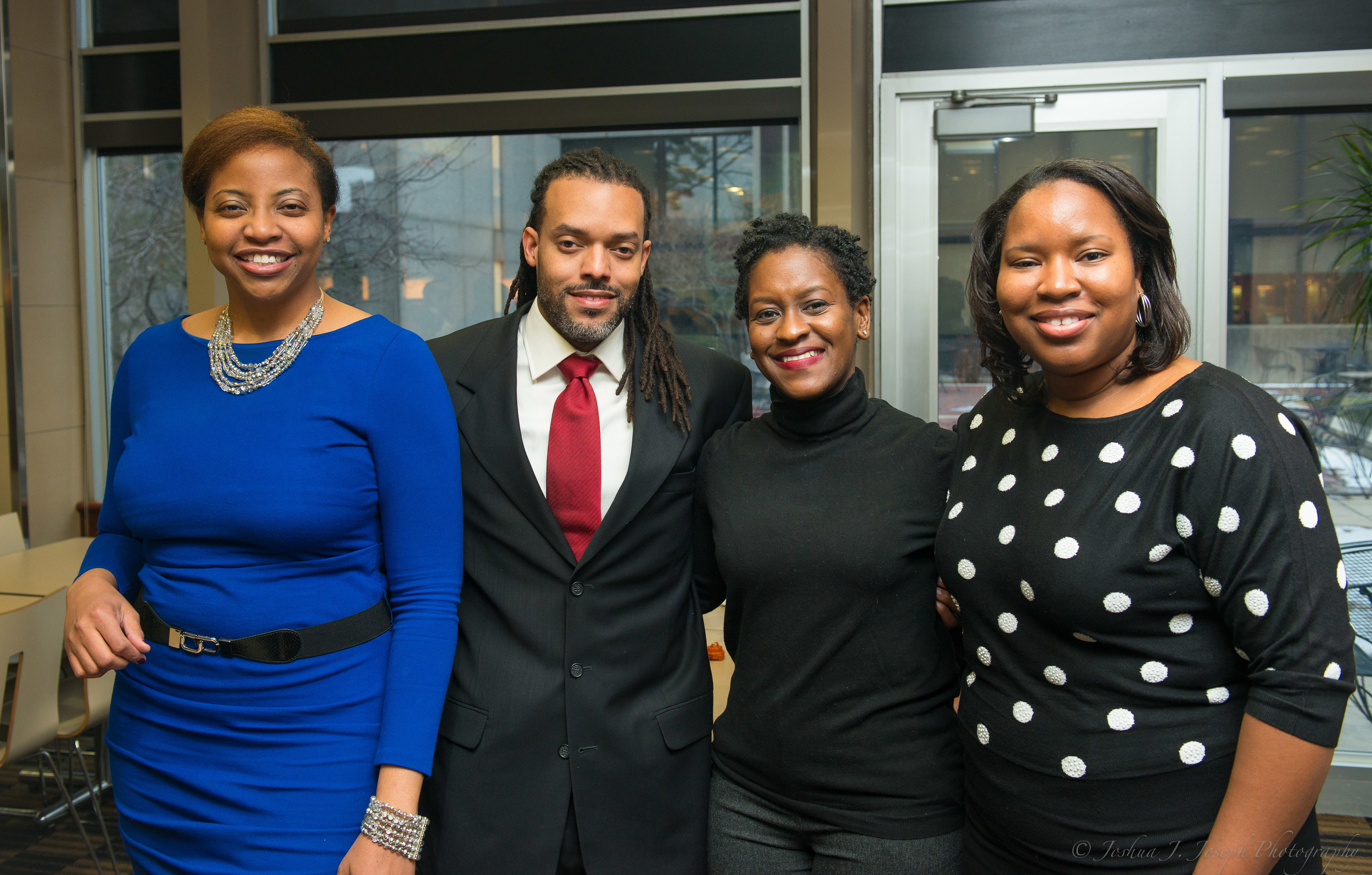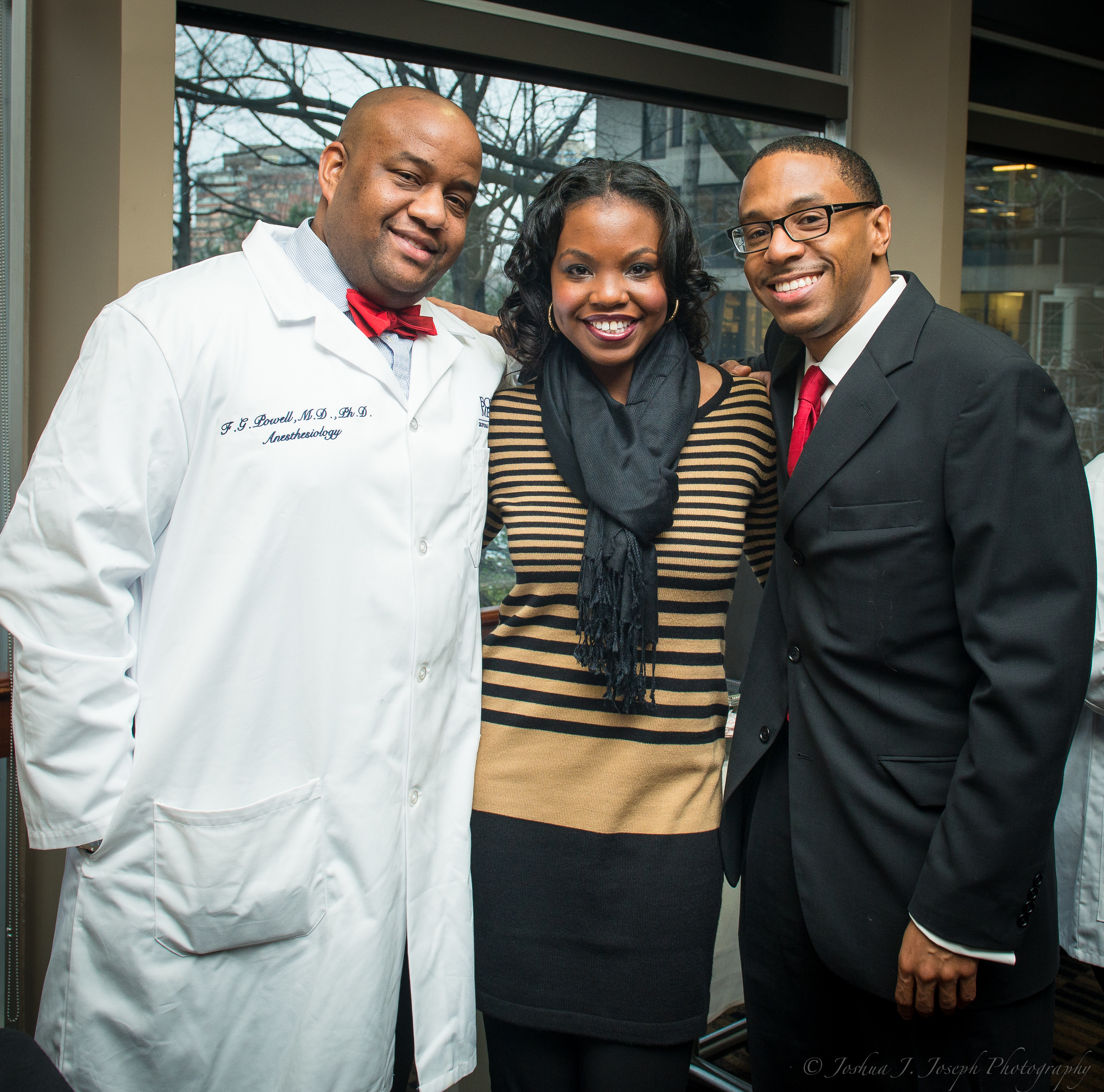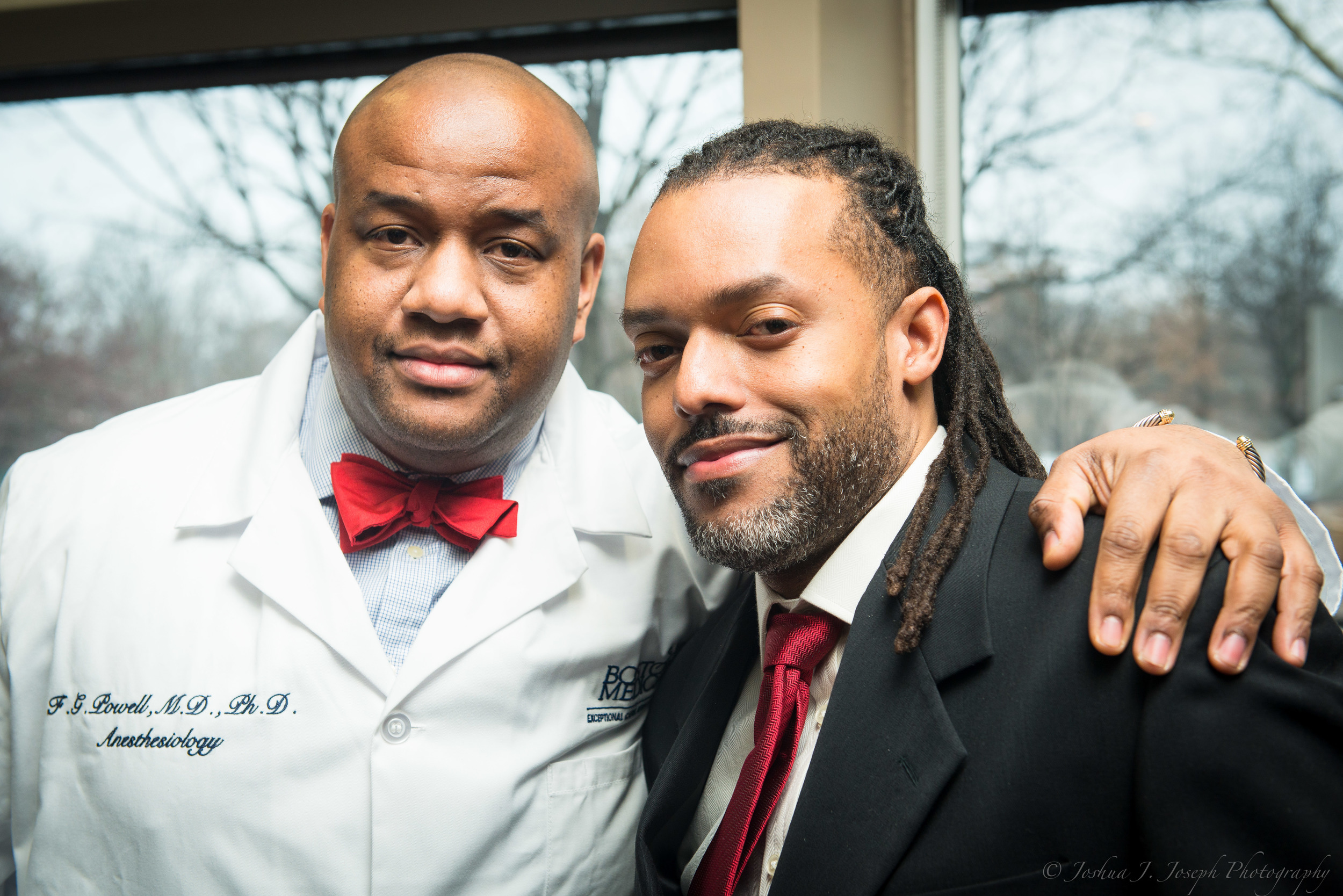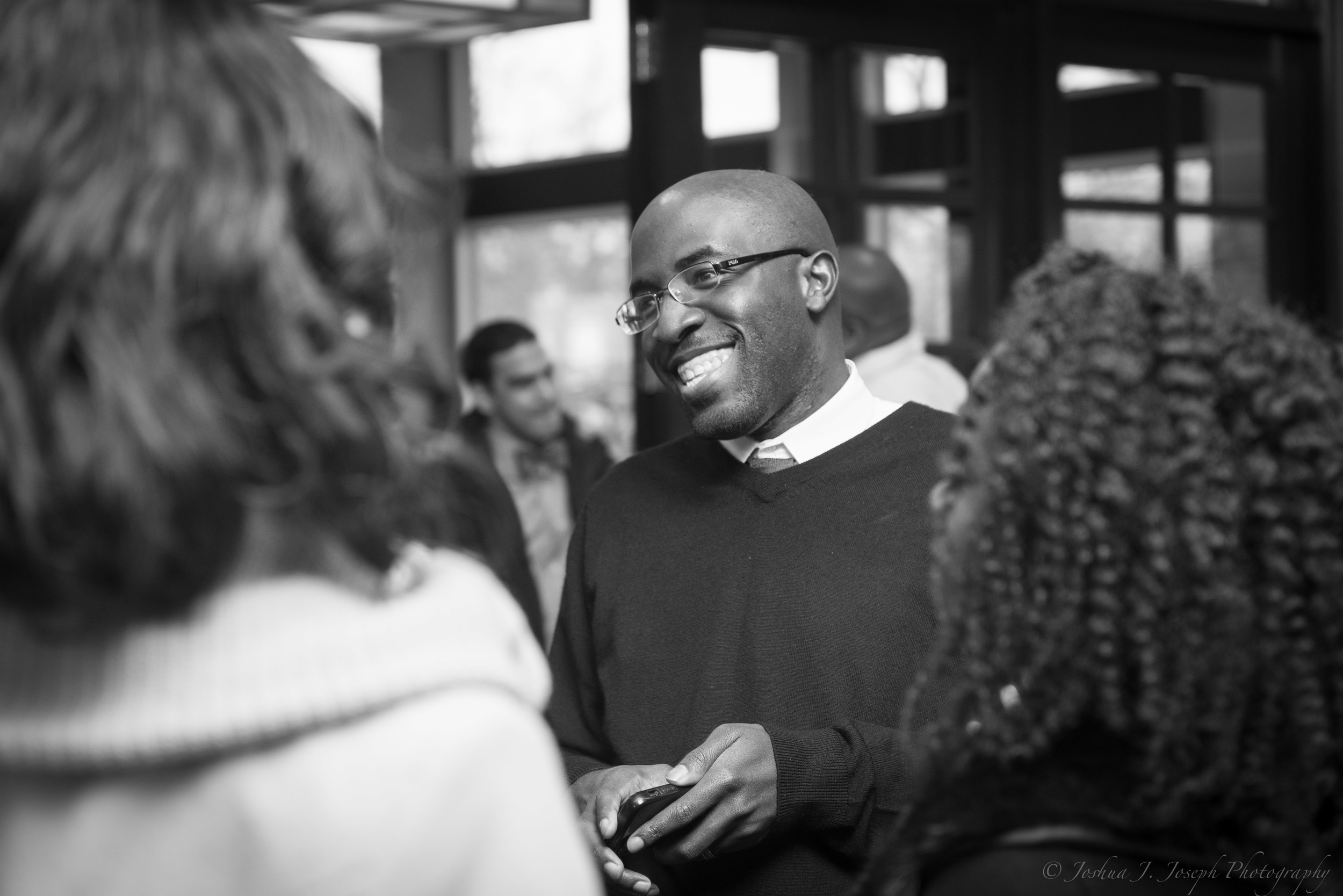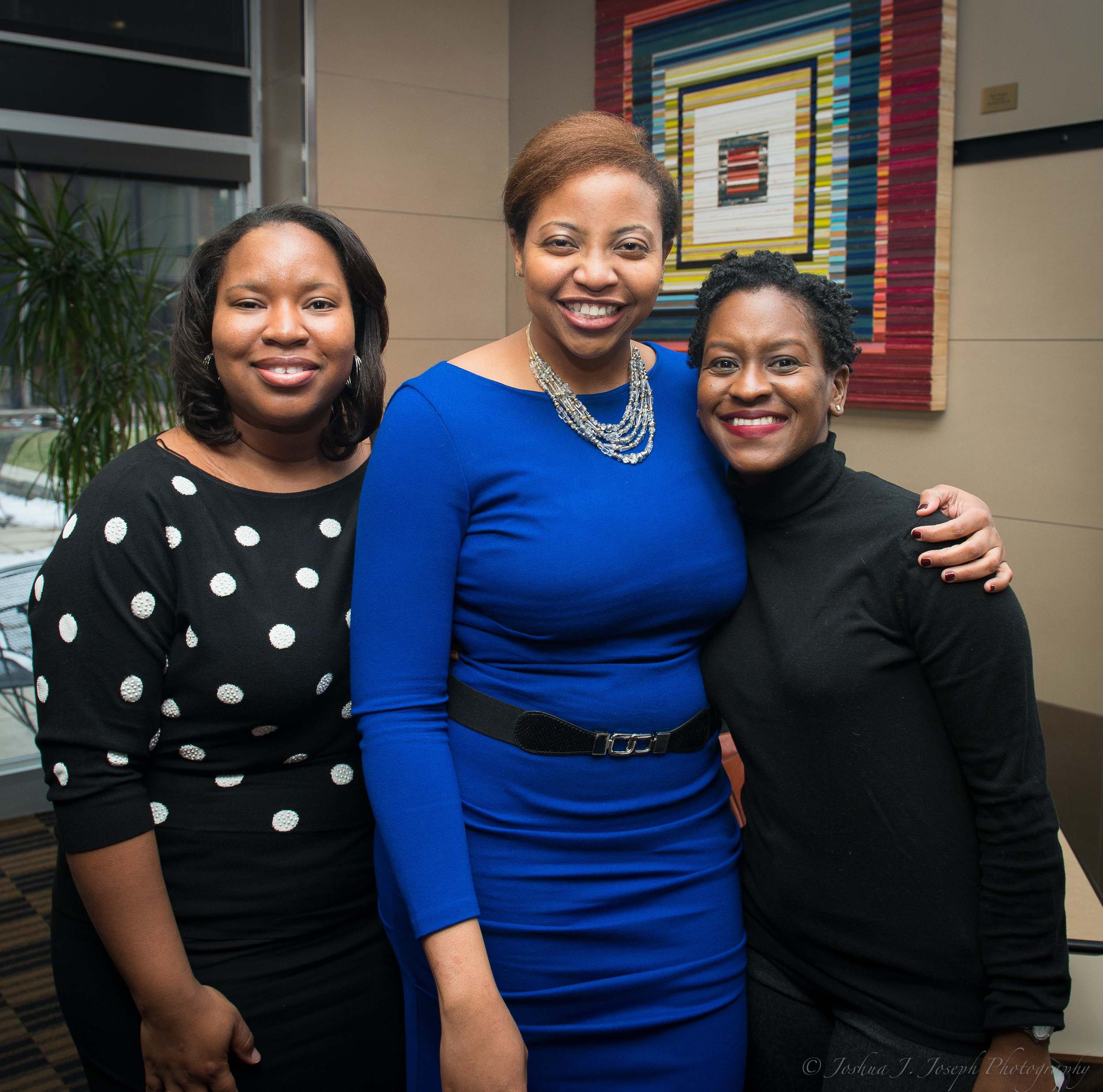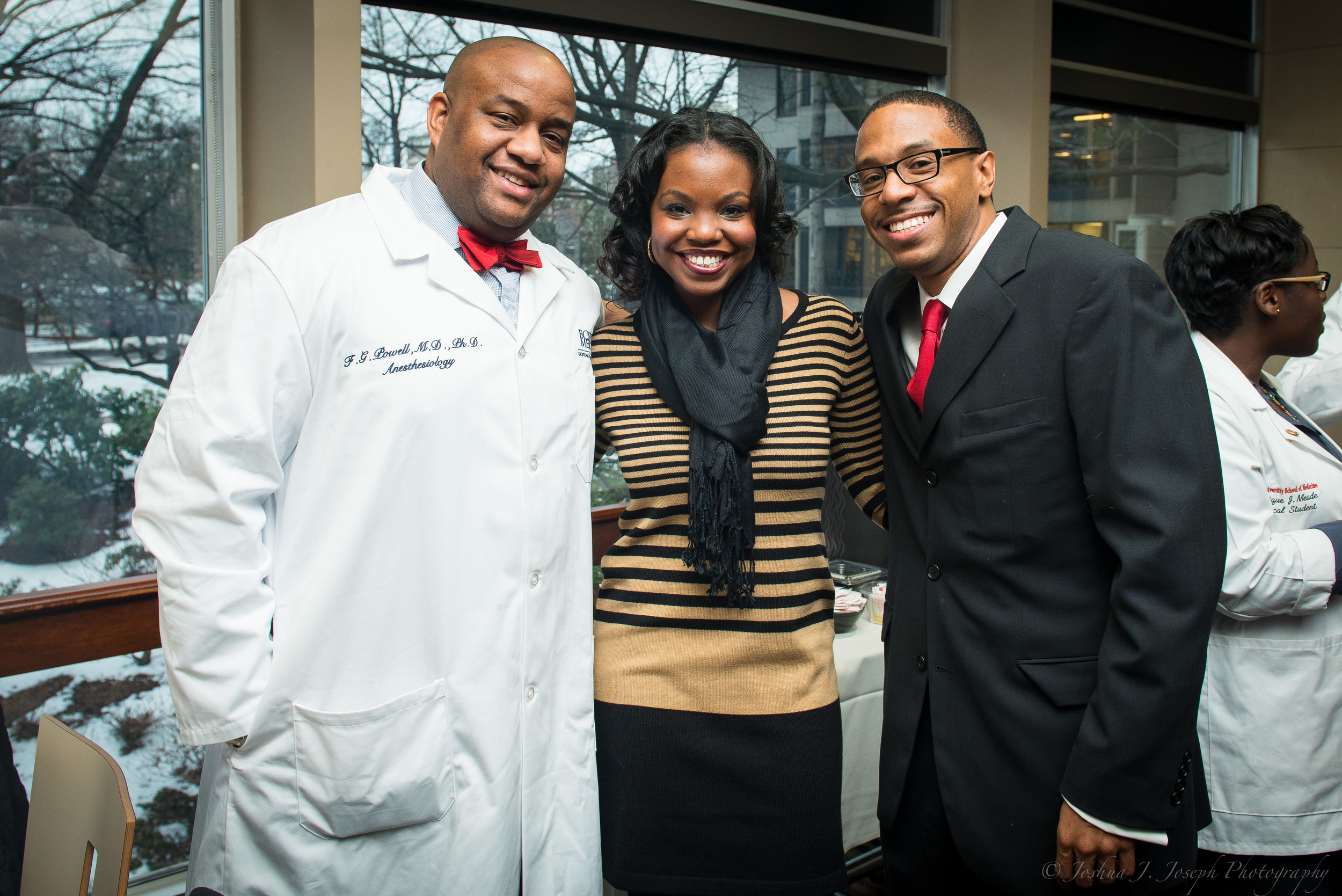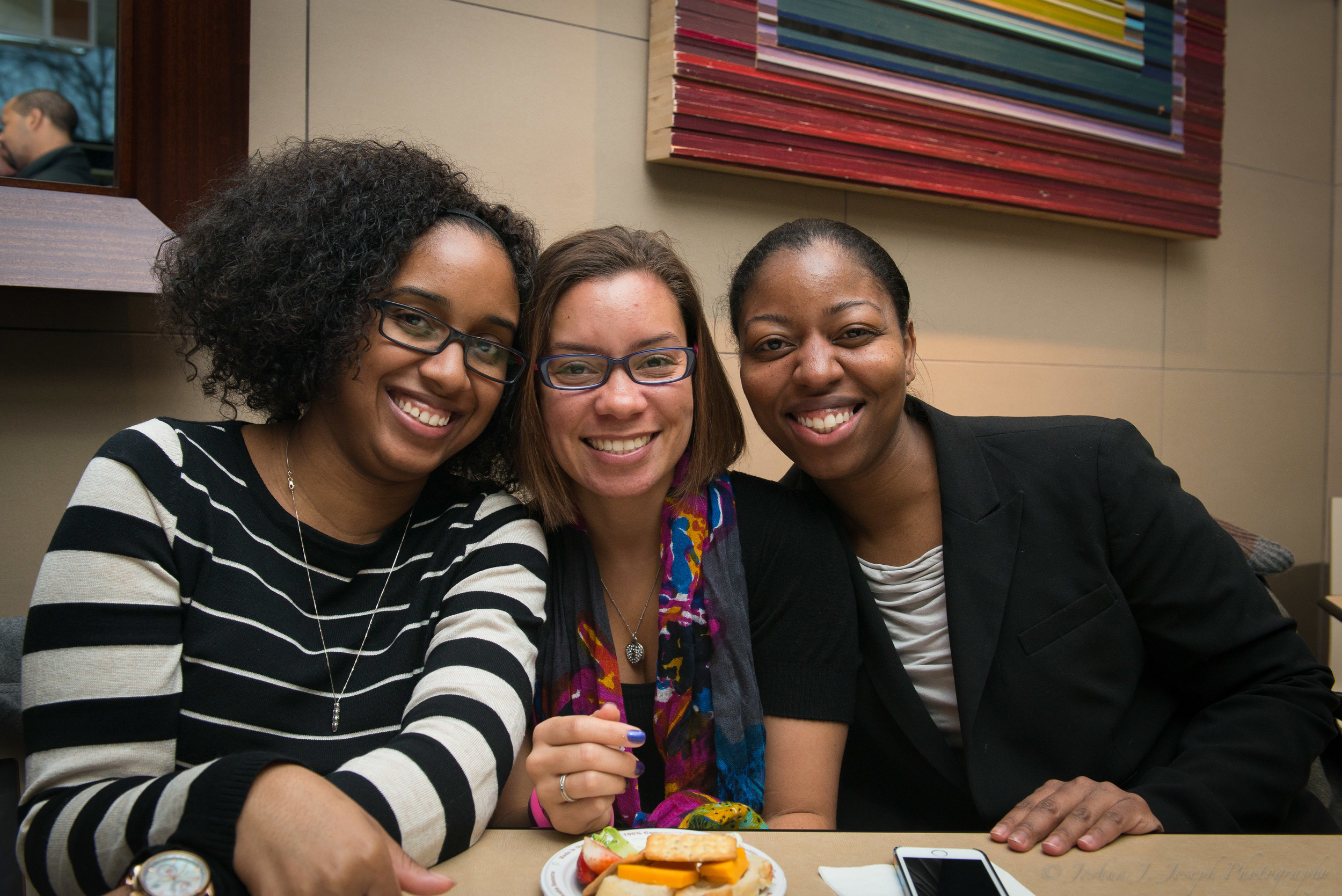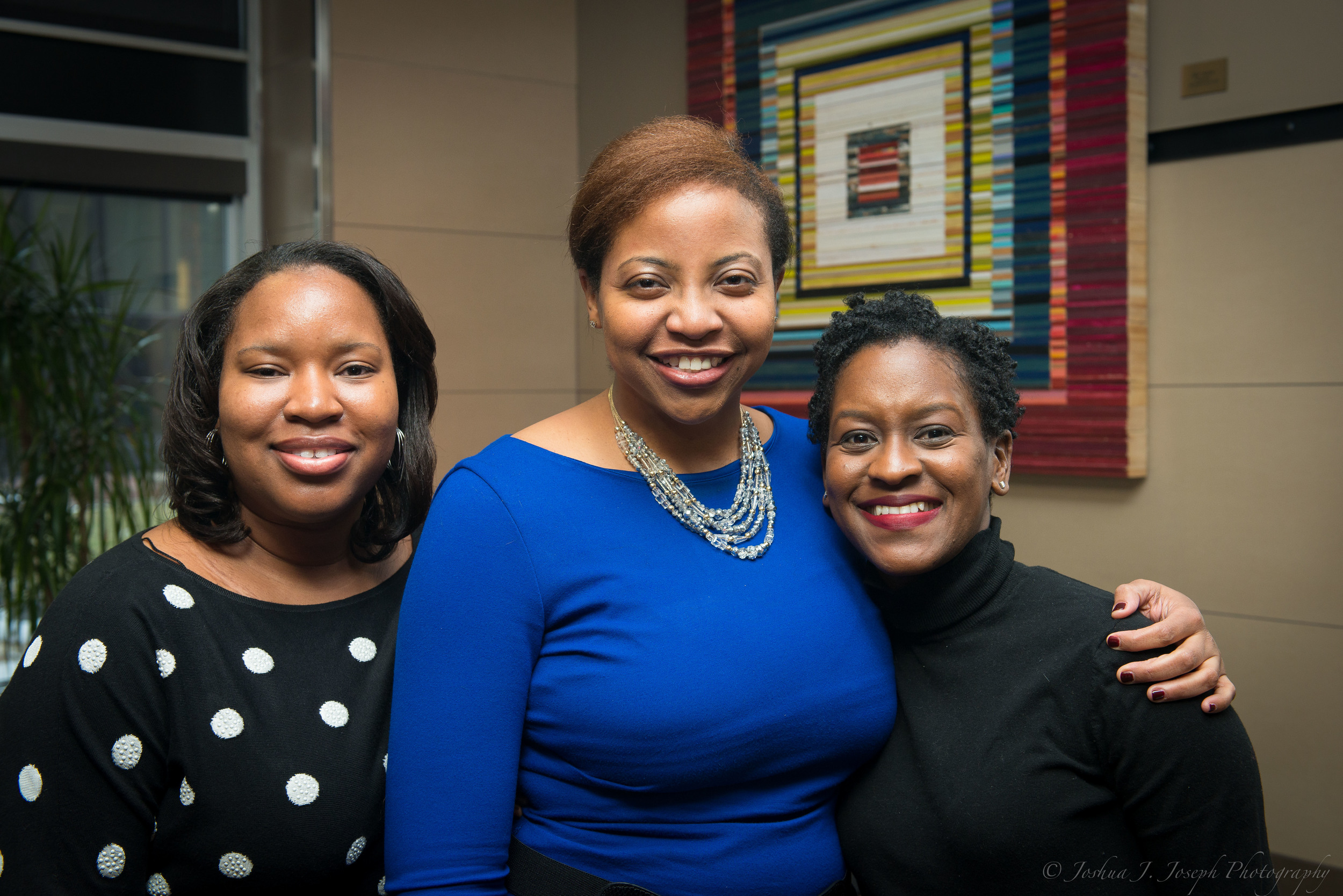Celebrating the Life of Kenneth C. Edelin, M.D.
/Celebration Service
Robert Rusher, M.D., MHS, FCCP, Kaiser Permanente
Boston University School of Medicine '04
Greetings and good afternoon. I'd like to start by offering my deepest sympathy to all of the family and friends of the great Dr. Kenneth Edelin as we gather here to celebrate his life. As the Dean of Minority Affairs, Dr Edelin was instrumental in recruiting and supporting underrepresented minority medical students at Boston University for over 20 years. The most notable program being the Early Medical School Selection Program, of which I am alumnus. He is a huge reason why myself, and several other alumnus who are gathered here today are physicians.
Every fall, Dr Edelin would journey down south to Morgan St, Hampton, North Carolina Central, Tougaloo, Dillard, Clark-Atlanta, Spelman, Morehouse, Morris Brown, University of Texas El Paso, and the always beautiful University of Virgin Islands recruiting for this program. On this trek, he would speak to potential candidates about the rewards and challenges of getting into medical school, as well as the satisfaction of completing it. During those visits, he made a promise to people like me, that we could be just like him as long as we showed up, stayed focus, and kept out of trouble. Each year he'd inherit 15 new children; Some of whom traveled very far, and some who had never ventured more than a few hours from home. He opened his home to all of us, and took us in as if we were family. Although it was not without struggle, be it financially or academically, he did his best to protect us and give us an opportunity to succeed. I can truly say he was like a second Father.
It's not until you leave medical school that you realize how fortunate you are to have a Dr. Edelin. He was more than the Dean of Minority Affairs or Chair of Obstetrics and Gynecology. He embodied, and was the absolute epitome of a mentor, teacher, nurturer, father figure, confidant, student advocate, friend, and passionate leader. He made sure his door was always open; whether it be for advice about school, life, family, or beyond. Though there were many of us, he effortlessly made each of us feel special, as well as helped us recognize and harness our own uniqueness. No two bonds were the same. Being that there were always a plethora of "spirited" personalities in the groups, Dr. Edelin was always mindful of our dynamics, and never allowed anything to get out of hand. Often, he knew more about what was happening with us academically and personally than we did. And when you got caught messing up, Ms. Evans would send that meeting request, and you already knew what was about to happen. It was his tough love that made you stronger. As medical students, we were a reflection of him, and he accepted nothing less than the best.
Every time I sat in his office, I joked that I wanted his job. A few years into my career, I have discovered that his job is not nearly as easy as he made it seem. He had the finesse that you can only get by being Dr. Edelin... even though I'm still trying every day. Across the country, you'll find a whole bunch of people just like me: Children of His trying to make the world a better place one patient at a time (sometimes 10). We are practicing Family Medicine, OB/Gyn, Anesthesiology, Internal Medicine, Pediatrics, Surgery, and Psychiatry, just to name a few. We have been afforded the opportunity to wear this white coat and do justice by it, and for most of us, he is the sole reason. Dr. Edelin gave us something and someone to aspire to, and his legacy lives on through all of us.
In 2004 at my White Coat Ceremony, Dr. Edelin was the keynote speaker. Before starting his speech, he pointed out his red tie. He told us that if we didn't remember anything else he said that day, we'd remember that red tie. 10 years later it remains true: I don't remember anything about that speech but the red tie.
Bostonia Magazine Article
Kenneth Edelin’s former students, fellow medical faculty, and many who had joined him on the front lines of the ongoing battle for women’s reproductive freedoms and civil rights filled Marsh Chapel January 25 for a memorial service—complete with a jazz trio playing Marvin Gaye. The service was orchestrated by the School of Medicine professor emeritus in the weeks before his death, at 74, from cancer on December 30, 2013.
Edelin’s was a life “uniquely, powerfully lived,” said the Reverend Liz Walker, a former WBZ-TV news anchor, who officiated along with Marsh Chapel Dean Robert Allan Hill. Chairman of the MED department of obstetrics and gynecology from 1978 to 1989, Edelin went on to become MED associate dean for student and minority affairs. He had served as chairman of the Planned Parenthood Federation of America and was a 30-year board member of the NAACP’s Legal Defense and Educational Fund.
“He was a man of justice. His compassion for people was vivid, tangible, and personal,” Massachusetts Governor Deval Patrick told mourners, describing Edelin as “a crusader against health disparities and a mentor to a generation of doctors.” Among the hundreds gathered to pay their respects was a group of young MED graduates who wore their red ties and white jackets as a show of respect for the man who “opened his home to all of us” and was “the epitome of a mentor, student advocate, and friend,” said one of them, Robert Rusher (MED’04), now a pulmonary specialist at Kaiser Permanente. “We wear this white coat, and for most of us he was the sole reason.”
Edelin became the first African American chief OB/GYN resident at Boston City Hospital (now Boston Medical Center) in 1973, the year of the US Supreme Court’s landmark Roe v Wade decision upholding a woman’s right to choose abortion. He was thrust into the national spotlight 15 months later during a high-profile Boston manslaughter trial in the death of a fetus during a legal abortion. He was convicted and sentenced to a year’s probation, but kept his medical license and was later exonerated. The battle fortified his lifelong dedication to the fight for social and health care justice, a fight poignantly recounted in his 2008 memoir Broken Justice: A True Story of Race, Sex, and Revenge in a Boston Courtroom.
During Edelin’s years at MED, he was also managing director of the Roxbury Comprehensive Community Health Center. He “wasn’t just a doctor, he was a crusader, who devoted his entire life to women’s health,” said Cecile Richards, Planned Parenthood Federation president. Richards shared a written tribute from Gloria Steinem, founder of Ms. magazine, which covered Edelin’s Boston trial. “I had never met a better person or a worse injustice,” Steinem wrote. She recalled that Edelin, recipient of Planned Parenthood’s 2007 Margaret Sanger Award, whose 1966 honoree was Martin Luther King, Jr. (GRS’55, Hon.’59), always said “reproductive rights and civil rights are intertwined.”
His decision to become “a women’s doctor,” Edelin recounted in his memoir, was born out of the painful experience at age 12 of watching his 46-year-old mother succumb slowly to breast cancer. Saved “from the dangers of the streets of segregated Washington, D.C.,” when he received a full scholarship to the progressive Stockbridge School in the Berkshires, he went on to college at Columbia and earned a medical degree in 1967 at Meharry Medical College.
“His deep love for his mother gave birth to his generous spirit,” said close family friend Deborah C. Jackson, president of Cambridge College, who met Edelin at Boston City Hospital when he delivered her first child. “We marveled at how he stood so strong in the face of such a devastating challenge,” Jackson said, referring to Edelin’s legal ordeal. He “inspired us to live a life of purpose and commitment.”
Edelin’s legal battle strengthened his commitment to a woman’s right to access to legal abortion and made him “a folk hero” in clinics across the nation, said Sherrilyn Ifill, NAACP Legal Defense and Educational Fund president and director-counsel.
David Acker, a Harvard Medical School associate professor of OB/GYN, first met Edelin in 1979 when he did a fellowship at Boston City Hospital, where Edelin was director of obstetrics and gynecology. “He was a chairman who actually cared about the patients,” said Acker, recalling that while Edelin forgave lapses on the more arcane points in his charges’ medical knowledge, “it was never okay to treat patients disrespectfully.” He “taught us not to ignore the little things,” and to be aware of the social and economic hardships that played a role in a patient’s condition. Acker shared a memory of standing with Edelin by his office window, when Edelin noticed a group of residents removing their ties as they walked from the neighboring private hospital to Boston City Hospital. “You tell them,” he instructed Acker, “that if they wear a tie at the university hospital, they’ll wear a tie at BCH.”
Edelin leaves four children, eight grandchildren, and his wife of 35 years, Barbara Evans Edelin. Retired from teaching since 2006, he lived in Sarasota, Fla., and Oak Bluffs, Mass.
Edelin was also a poet, whose zest for living and devotion to service resound through his verse. In his final poem, “The Labyrinth of Life,” written shortly before his death, he implores the reader not to “give in to loser’s talk” and not to be “paralyzed by fright.” He concludes: “The journey’s course will set you free / This journey is your life, you see.”
Susan Seligson - Bostonia, January 2014

